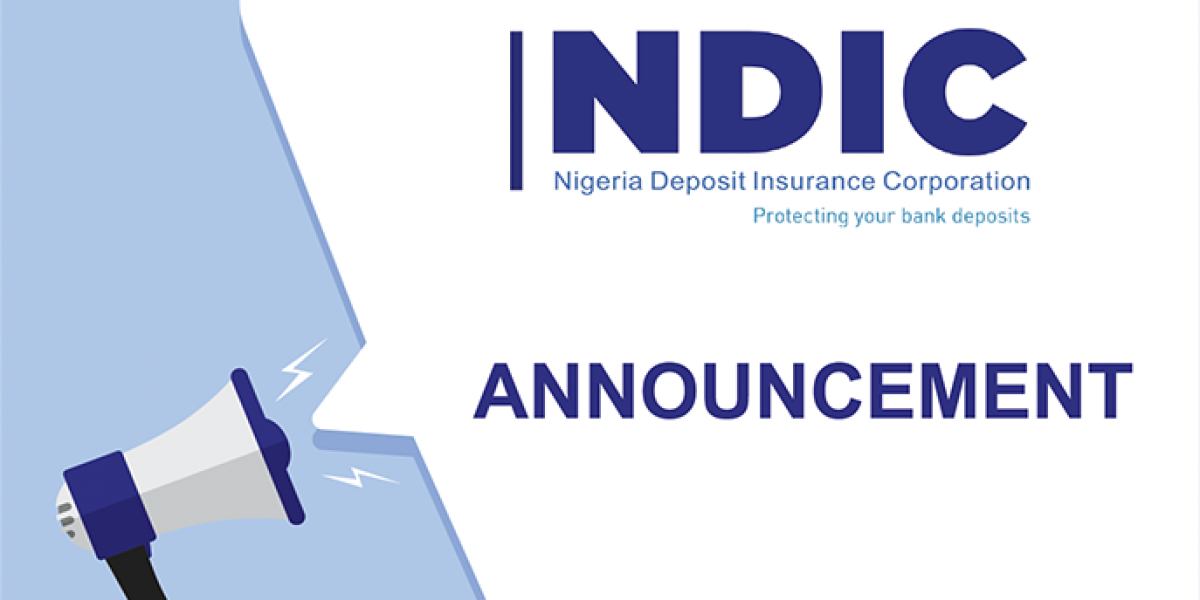Business
NDIC Boss Commends Banks’ Stability Despite COVID-19

Managing Director and Chief Executive, Nigeria Deposit Insurance Corporation (NDIC), Mr Bello Hassan, has applauded Nigerian Banks for maintaining stability despite challenges brought about by the COVID-19 pandemic.
The NDIC boss made the commendation when he spoke during the 2022 stakeholders’ retreat of the Senate Committee on Banking, Insurance and Other Financial Institutions with the Nigeria Deposit Insurance Corporation, with the theme, ‘Deposit Insurance in Nigeria: Re-strategising for tomorrow’, at the weekend in Lagos.
Hassan said, “A resilient financial system has the capacity to respond to a range of shocks. The macroeconomic shock and stress brought about by COVID-19 is unprecedented. It has been recognised as the ultimate test of resilience so far to financial systems.
“As evidenced by the financial soundness indicators, Nigerian banks have remained resilient by being safe, stable, and sound in spite of the challenges posed by the COVID-19 pandemic.
“This success was due largely to the proactive policies and support of the regulatory authorities”, he said.
According to him, the contribution of the NDIC to financial stability and resilience could be examined within the context of its activities in the discharge of the mandates of deposit guarantee, bank supervision, distress resolution and bank liquidation.
The corporation, he added, encouraged prudent risk management practices in the insured institutions because effective risk management remained central to safe and sound banking system.
He said a measure taken to strengthen the deposit insurance system in Nigeria was the migration to the Differential Premium Assessment System from the flat-rate method of assessing and collecting premiums, with a view to aligning the pricing of deposit insurance to the risk profile of individual banks and the collaboration with the CBN.
This, he said, was to shift from compliance-based examination to risk-based supervision.
The Chairman, Senate Committee on Banking, Insurance and Other Financial Institutions, Senator Uba Sani, said the committee, in its efforts towards regularly engaging critical stakeholders in the financial and banking sectors, jointly organises retreats of this nature for discussions and painstaking analysis on a wide range of issues whose outcome would be of great benefit to the sectors and the Nigerian economy at large.
Transport
Automated Points Concession : FAAN Workers Gave 72hrs To Revise Decisions In PH

Transport
FAAN Announces Pick-Up Points for Go-Cashless Cards

Business
Fidelity Bank To Empower Women With Sustainable Entrepreneurship Skills, HAP2.0
-

 News5 days ago
News5 days agoDisu Takes Over As New IGP …Declares Total War On Corruption, Impunity
-
Politics2 days ago
2027: NIGERIANS FAULT INEC ON DIGITAL MEMBERSHIP REGISTER DIRECTIVE
-

 Environment2 days ago
Environment2 days agoLAWMA Director Says Sweeping Reforms Have Improved Waste Collection
-

 Featured5 days ago
Featured5 days agoFubara Reads Riot Act To New SSG, CoS …Warns Against Unauthorized Meetings
-
Politics2 days ago
LP Crisis: Ex-NWC Member Dumps Dumps Abure Faction
-
Rivers5 days ago
Terrorism: COAS Makes Case For Local Intelligence Gathering
-

 Sports2 days ago
Sports2 days agoAbia Not Sure To Secure continental Ticket
-

 Politics2 days ago
Politics2 days agoUmahi Dismisses Allegations On Social Media, Insists On Projects Delivery

